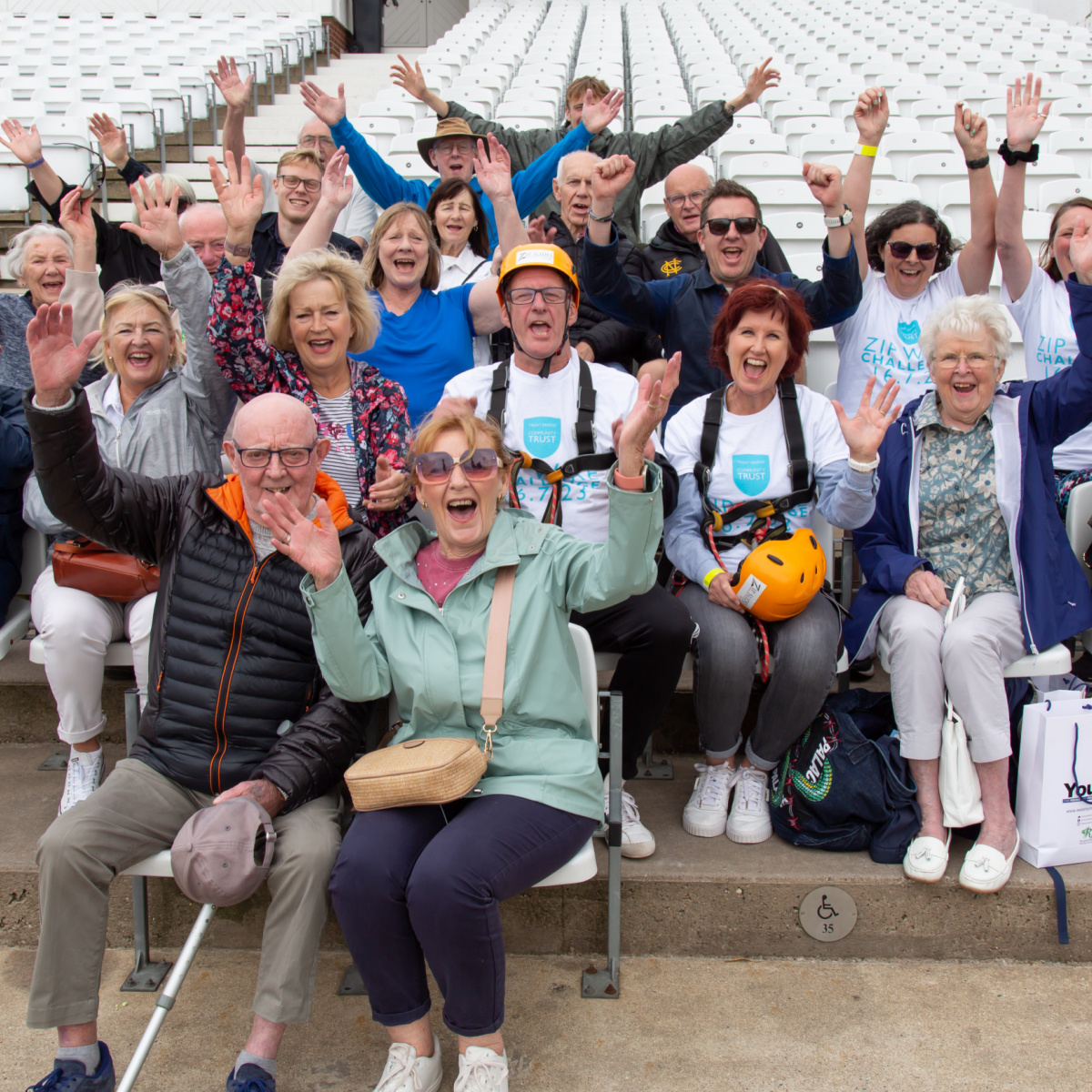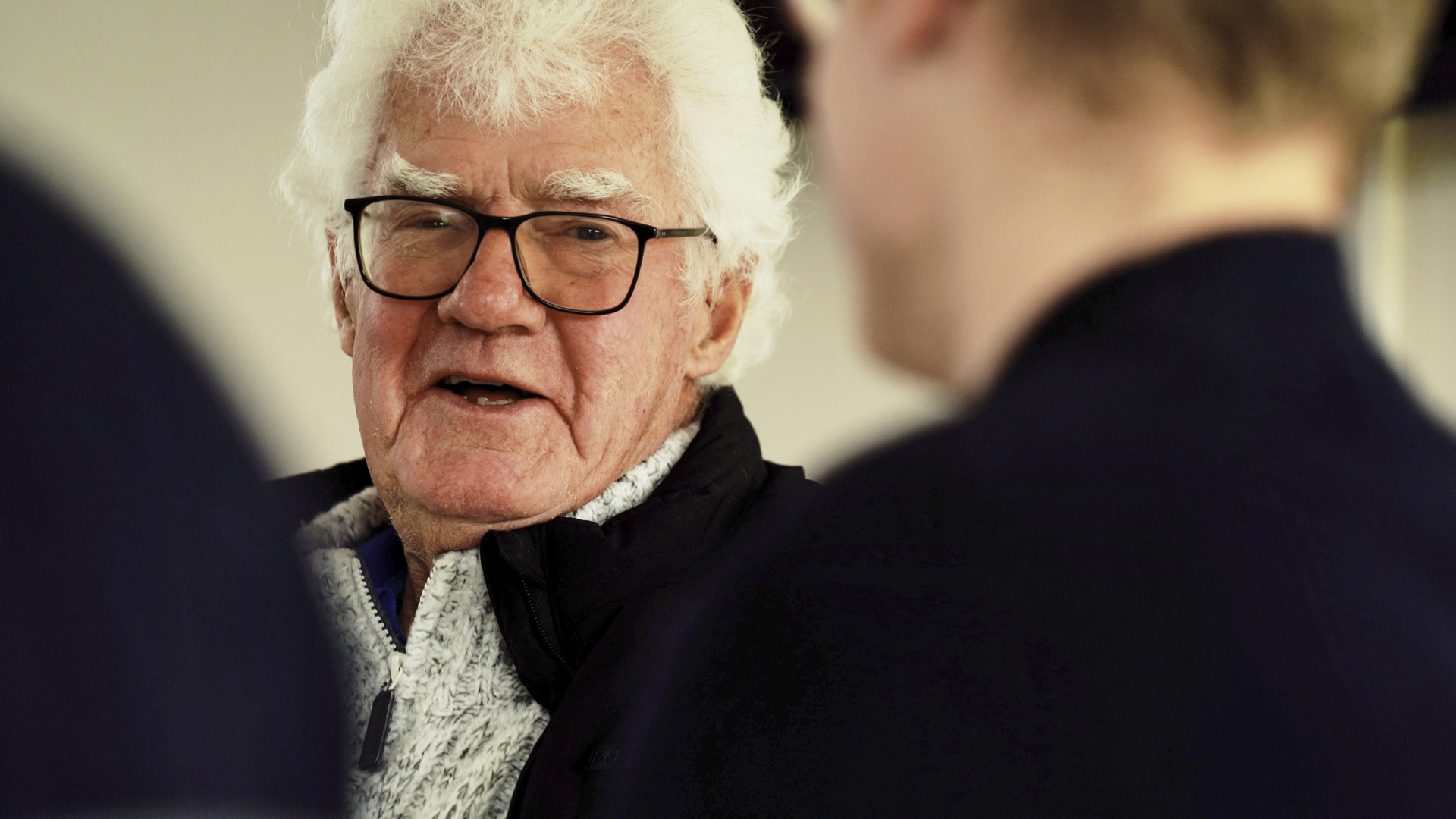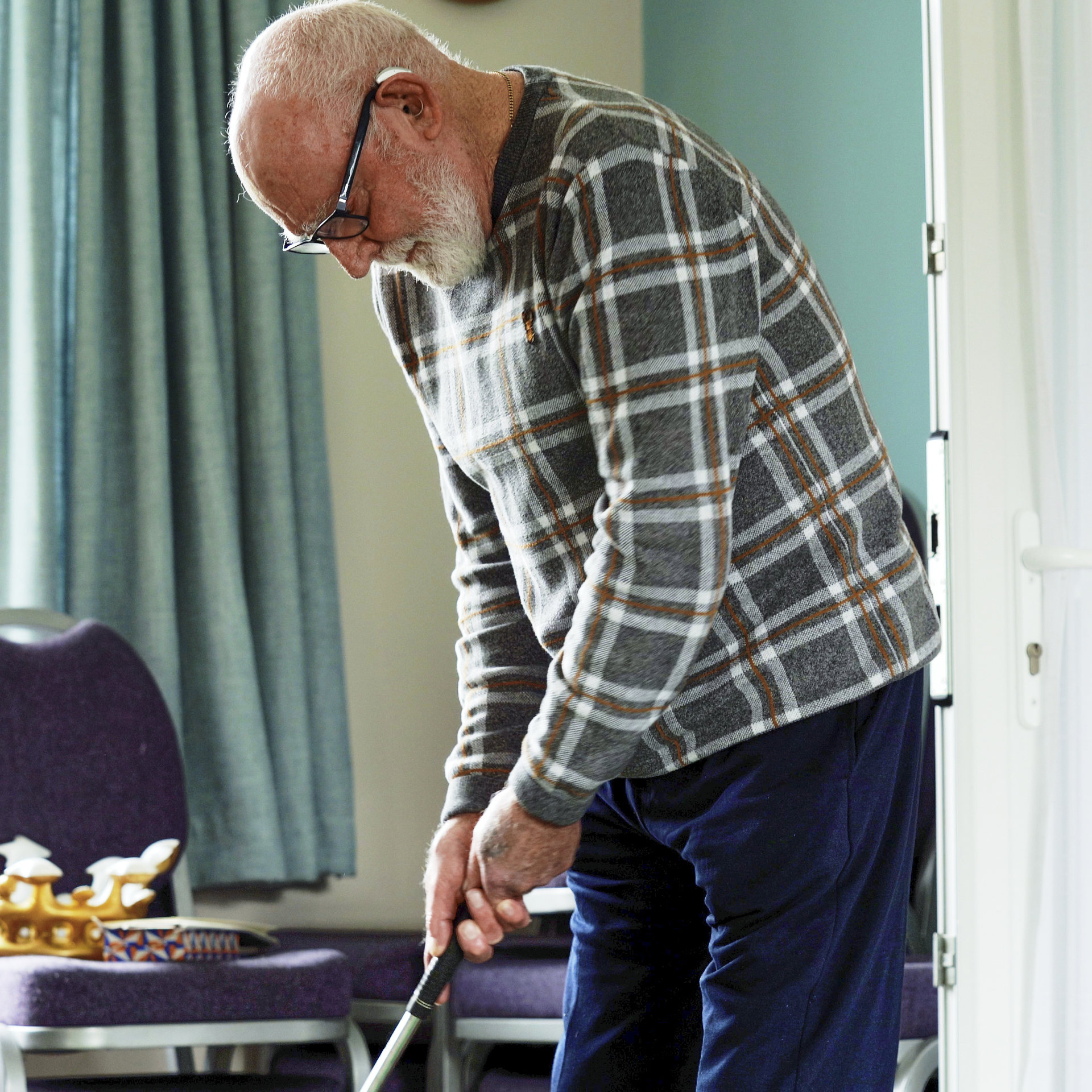Dementia 'Your Peace of Mind' Part Two
Dementia may be a formidable challenge, but it's not insurmountable. While a cure remains elusive, research underscores the power of prevention. By incorporating exercise, nutritious food, and mental stimulation into our lives, we can potentially delay the onset and progression of dementia. Read more below ......

Published: 01/05/2024

Reducing the impact of Dementia: never too early, never too late
Unfortunately Dementia currently lacks a cure, but research offers hope. By adopting healthy habits, we can potentially delay its onset, symptoms and maintain sharper cognitive function throughout life.
Modifiable factors like exercise, diet, and mental stimulation have been linked to improved brain health for many years. By following established principles for well-being, we can empower ourselves to keep our minds sharp for longer, even after a diagnosis.
New research from The Lancet has identified two new additional risk factors for dementia - Read here to learn more.
The study suggests that nearly half of dementia cases could be prevented or delayed by addressing these factors, a 5% increase from previous estimates.
Latest Dementia research points to the power of prevention.
By incorporating, healthy lifestyle choices, like exercise, nutrition, and engaging activities, we can potentially delay the onset and progression of dementia.
These factors can significantly enhance cognitive functionality and overall quality of life.
It’s not too late to improve your health to combat Dementia:
Dementia is an umbrella term for a group of conditions affecting memory, thinking, and daily functionality. Alzheimer's disease is the most common form. While age is a risk factor, it's not a guarantee.
"Good News - Research shows our lifestyle choices significantly impact brain health. Below are some effective strategies we integrate into our client care plans to help improve well-being for those living with dementia."
Social Therapy Works
Keep your brain pumping – you might get its best workout when you socialise with like minded people.
Engaging with others uses multiple cognitive functions like communication, empathy, and memory. Throw in an enjoyable interest or hobby you share with others, and you've got a double dose of cognitive stimulation.
In addition, having a strong network of people who support and reassure you can help lower your stress levels. By contrast, depression, which often goes hand in hand with loneliness, correlates to faster cognitive decline.
Move it or Lose It
Physical activity isn't just good for your body; it increases blood flow to the brain, promoting the growth of new brain cells. Acting as a natural mood booster, helping to combat insomnia, anxiety, and depression. Regular physical activity has even been shown to improve cognitive function and may help ward off cognitive decline.
Food for Thought
‘The Mediterranean Diet’ eating pattern has long been recognised as promoting better cardiovascular health, lowering the risk of certain cancers, and may also protect against cognitive decline.
A Mediterranean diet also appears to lower slow the progression to dementia in people who have the condition. Just like your car needs the right fuel to run smoothly, your brain thrives on a nutritious diet, providing the essential nutrients your brain needs to function at its peak. And remember, hydration is key! Drinking plenty of water keeps your brain sharp and focused.
Nightly Recharge
Think of sleep as your brain's power nap. During sleep, your brain consolidates memories, processes information from the day, and flushes out toxins. A good night's rest allows you to wake up feeling refreshed, focused, and ready to tackle anything. Aim for 7-8 hours of quality sleep each night to keep your mind sharp and your cognitive function at its best.
Thinking your way to better health
Education may not be the sole guardian of a healthy brain as we age. Research suggests that the consistent habit of mental stimulation is a stronger predictor. A study revealed that mentally sharp individuals in their 70s and 80s who actively engaged in stimulating activities were half as likely to develop mild cognitive impairment compared to those who participated the least.
Good examples of these activities include reading, writing, puzzles, board games, discussions, and even playing music.


Our recommended local charities are ready to help
Help is out there, below these images are details of two Nottingham charities, they both work tirelessly to improve the lives of people in our community living with dementia. Boasting proven real-life success stories and testimonials, click on the links below to learn more.
Our dementia support planning service.
Discover how to implement these practical tips for prioritising your brain health, manage your day to day living and stress, find activities you enjoy, and creating a personalised wellness plan.
By taking charge of our well-being, we can empower ourselves for a sharper, healthier future.
While these strategies can significantly improve brain health, even for those already diagnosed with dementia, remember that dementia, like any disability, may require additional support.
In the next addition of ‘Your Peace of Mind’ Part Three. We demonstrate how socialising could be your brain's best friend
Take charge of your well-being and empower yourself today for better living. Contact our dementia support team on 0115 8800911
Remember you are not alone!! Our friendly team are ready to help you and offer professional guidance to help you.










